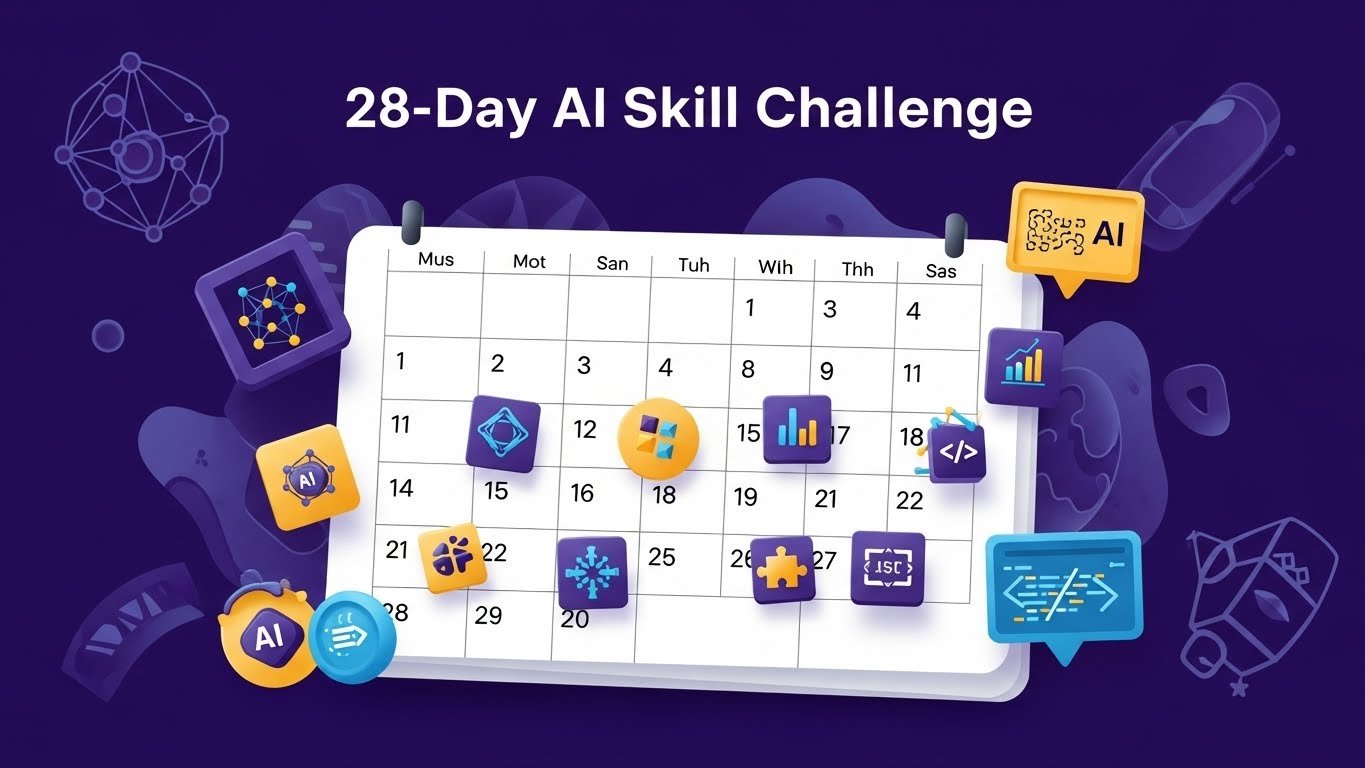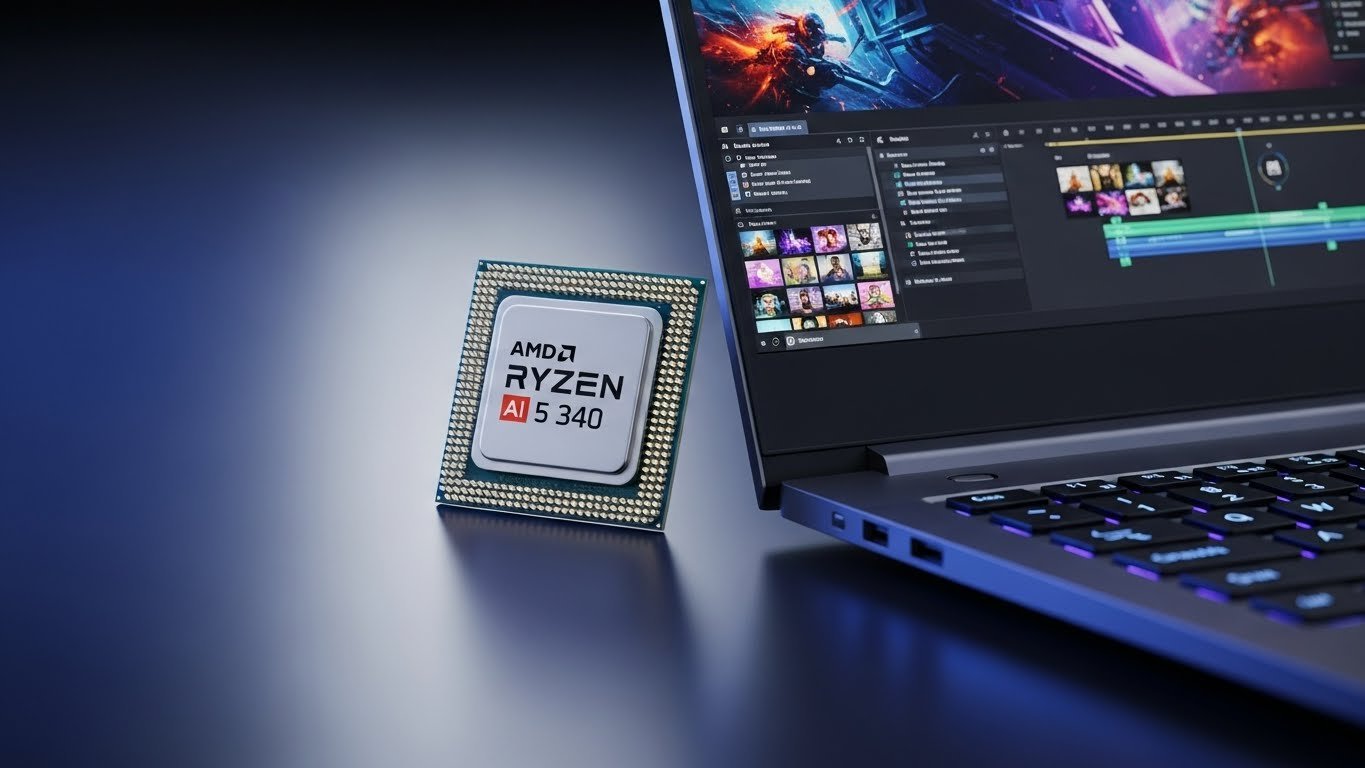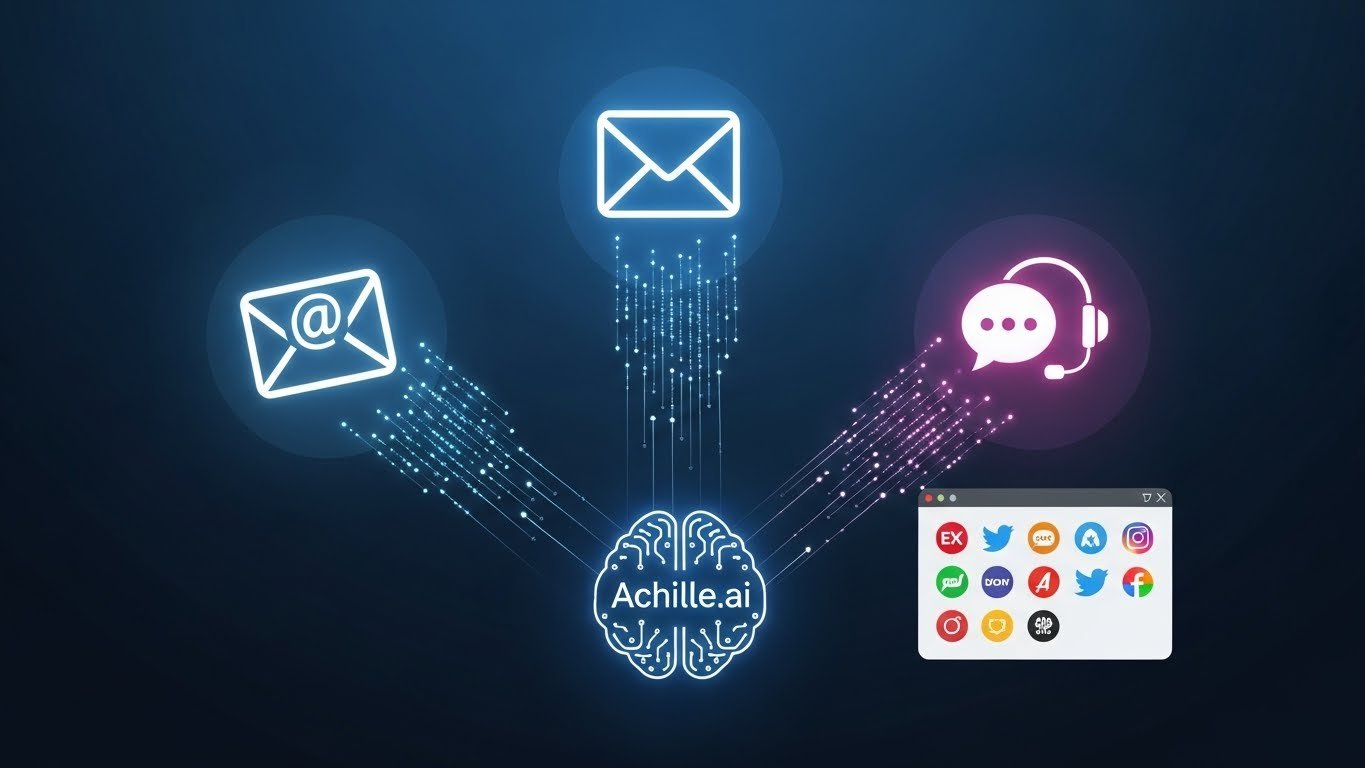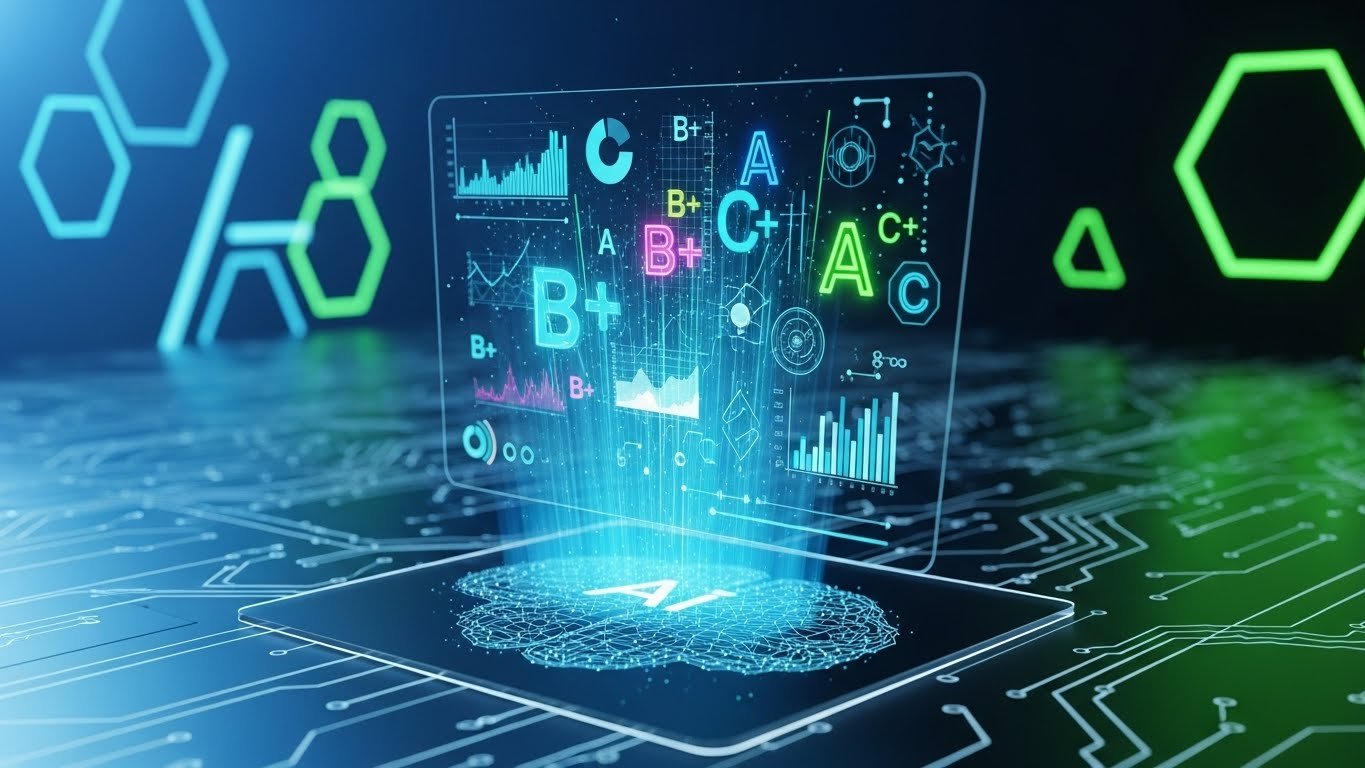Imagine a world where scientists can create customized organisms, repair genetic diseases, or enhance crops to survive climate change—all powered by advanced technology. This is the promise of genetic engineering and AI-driven bioinformatics learning. These groundbreaking fields are revolutionizing biotechnology, offering unprecedented opportunities for discovery and innovation. In this article, we’ll explore how these technologies work, the benefits they offer, and how AI is accelerating genetic engineering research.
What is Genetic Engineering?
Genetic engineering involves directly manipulating an organism’s genetic material. By altering the DNA in specific ways, scientists can introduce new traits, fix genetic defects, or even create entirely new organisms with tailored characteristics. The most famous example of genetic engineering is the CRISPR-Cas9 technology, which allows precise cutting and editing of genes.
Key Examples of Genetic Engineering Applications:
-
Gene Therapy: Treating genetic diseases like cystic fibrosis or sickle cell anemia.
-
Agricultural Biotechnology: Developing genetically modified crops that are resistant to pests or drought.
-
Synthetic Biology: Engineering microorganisms to produce biofuels or pharmaceutical drugs.
How AI-Driven Bioinformatics is Changing the Game
Bioinformatics is the science of using computer algorithms and tools to analyze biological data. With the rise of AI-driven bioinformatics learning, the speed and accuracy of data analysis have skyrocketed. Machine learning models can now predict how genes function, interpret vast genetic datasets, and even uncover new relationships in DNA sequences that were previously impossible to detect.
AI Applications in Bioinformatics:
-
Gene Prediction: AI algorithms can identify genes within large genomic datasets, even when they are hidden within complex regions of DNA.
-
Protein Structure Prediction: AI can help scientists predict the 3D structures of proteins based on their amino acid sequences, aiding in drug design.
-
Drug Discovery: Machine learning is accelerating the identification of new drug candidates by analyzing genetic data alongside chemical properties.
Benefits of AI-Driven Bioinformatics Learning:
-
Speed: AI can process and analyze massive datasets at speeds far beyond human capabilities.
-
Accuracy: AI models can reduce human error and make predictions that are more precise.
-
Scalability: AI tools can handle and analyze genetic data from large populations or entire ecosystems.
Tools Revolutionizing Genetic Engineering and AI-Driven Bioinformatics
Below is a table outlining some of the top tools used in both genetic engineering and AI-driven bioinformatics learning.
| Tool Name | Area of Application | Key Features | Example Use Case |
|---|---|---|---|
| CRISPR-Cas9 | Genetic Engineering | Precise gene editing | Treating genetic disorders like sickle cell |
| TensorFlow | AI in Bioinformatics | Machine learning framework | Predicting protein structures |
| BLAST | Genetic Data Analysis | DNA sequence comparison | Identifying gene sequences in DNA samples |
| DeepMind AlphaFold | AI in Bioinformatics | Protein folding prediction | Discovering new drug targets |
| Geneious | Genetic Engineering and Bioinformatics | Sequence alignment and genome assembly | Analyzing genomic data for research |
The Intersection of Genetic Engineering and AI: A Perfect Synergy
The convergence of genetic engineering and AI-driven bioinformatics learning is an exciting frontier. AI tools like machine learning and deep learning are helping researchers sift through vast amounts of genomic data to make groundbreaking discoveries. With these technologies, scientists can now engineer organisms with greater precision and design therapies for previously untreatable genetic diseases.
For example, AI models can analyze the effects of genetic mutations in real-time, predicting how changes to a gene will affect an organism. This allows for more efficient and accurate genetic engineering, opening the door to personalized medicine, where treatments are tailored to the individual’s genetic makeup.
Real-World Applications: How AI and Genetic Engineering Are Changing Lives
The combination of genetic engineering and AI has already shown promise in several key areas:
-
Cancer Treatment: AI is helping researchers understand the genetic mutations that lead to cancer, enabling the development of targeted therapies.
-
Agricultural Advancements: Genetic engineering, combined with AI, is improving crop resilience, ensuring food security in the face of climate change.
-
Personalized Medicine: By analyzing a person’s genetic data, AI can help doctors create personalized treatment plans, increasing the effectiveness of therapies.
Conclusion: The Future Is Bright for Genetic Engineering and AI
The combination of genetic engineering and AI-driven bioinformatics learning is transforming biotechnology in ways that were once thought to be science fiction. From gene editing to personalized medicine, the possibilities are vast. As AI continues to evolve, its role in genetic engineering will only grow, helping scientists make faster, more accurate discoveries that can change lives.
Are you ready to dive into this cutting-edge field? Start exploring genetic engineering and AI today to be part of this exciting revolution!
FAQs
What is the role of AI in genetic engineering?
AI enhances genetic engineering by analyzing complex genetic data, predicting gene interactions, and speeding up the gene editing process, making it more precise and efficient.
How can AI-driven bioinformatics learning accelerate drug discovery?
AI-driven bioinformatics tools can analyze genetic data and identify potential drug targets faster, helping to develop more personalized and effective therapies.
What are the benefits of combining genetic engineering with AI in agriculture?
Combining genetic engineering and AI allows for the development of genetically modified crops that are more resilient to pests, diseases, and environmental stress, ensuring food security.
How is AI improving personalized medicine through genetic engineering?
AI uses genetic data to identify unique mutations and disease patterns, enabling the creation of personalized treatments tailored to an individual’s genetic makeup.
What ethical concerns are associated with AI and genetic engineering?
Ethical concerns include the potential for misuse in gene editing, privacy issues related to genetic data, and the consequences of creating genetically modified organisms in nature.








Leave a Reply